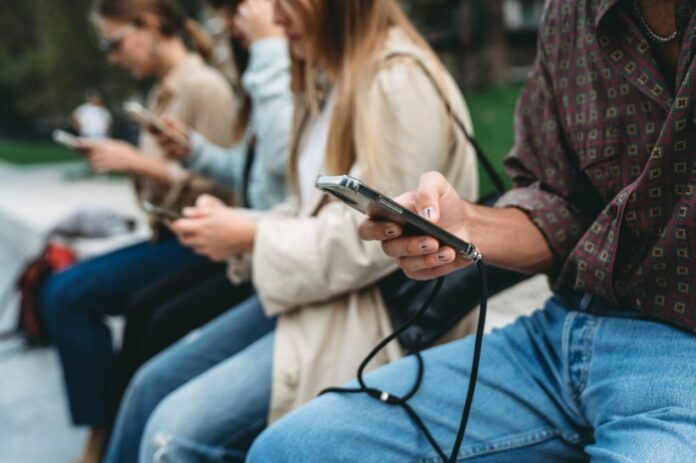Uncovering the Truth Behind Americans’ Vulnerability to Fake News and Strategies for Combatting Misinformation
According to a study released by the American Psychological Association, both conservative and liberal People distribute fake news because they don’t want to be excluded from their social groups.
According to main researcher Matthew Asher Lawson, conformity and social pressure are major factors driving the propagation of false news.
“If someone in your online tribe is sharing fake news, then you feel pressure to share it as well, even if you don’t know whether it’s false or true.”
The findings were reported in the Journal of Experimental Psychology: General.
The Brookings Institution says that the spread of fake news makes people more divided on political issues and less trusting of democratic institutions. Yet, not all false news spreads for malicious reasons or to incite readers to take some kind of action. After seeing individuals in their own social networks distributing fake news without any intent or ideological motivation, the researchers started investigating the phenomenon.
Lawson said that political beliefs alone don’t explain why people tend to share fake news with their social groups. There are several elements at work, including the most fundamental urge to blend in and not be left out.
In one experiment, tweets that shared false or biased news were examined together with the political ideologies of more than 50,000 Twitter user pairings in the United States during the months of August and December 2020. A network-based algorithm that infers political ideology from the kinds of accounts that Twitter users follow was used to determine political ideology.
The researchers counted the number of tweets sent and received between pairs of Twitter users who had similar social circles. If one Twitter user posted a fake news report and the other did not, the two users were less likely to connect with each other over time. Regardless of political ideology, the same impact was seen, however, it was more pronounced among people who lean more to the right.
In a follow-up experiment, 10,000 Twitter users who had spread fake news in the first test were compared to a control group that represented all Twitter users. It seems that social constraints may be especially strong in the fake news ecosystem since Twitter users who had shared false news were more inclined to exclude other users who hadn’t shared the same information.
In a number of other online experiments, people said they were less likely to want to talk to friends who didn’t share the same fake news. Fake news was also more likely to spread among those who were more worried about the social costs of not fitting in.
Fake news may seem to be widespread, but according to an earlier study, it only makes up 0.15 percent of Americans’ daily media intake, and just 1% of people are responsible for 80% of false news sharing.
According to other studies, the amount of false information about the election spread on Twitter fell by 73% after Donald Trump was expelled.
People decide to share fake news for a variety of complicated reasons, so it’s hard to stop it from spreading, and Lawson said it’s not always clear what the role of social media companies is.
“Pre-debunking” techniques that educate individuals on how misinformation spreads and emphasize the significance of news veracity may aid in reducing the spread of false news. To begin winning the battle against false information, it may be necessary to develop strategies to lessen the social pressure to comply in online settings, according to Lawson.
Image Credit: Getty
